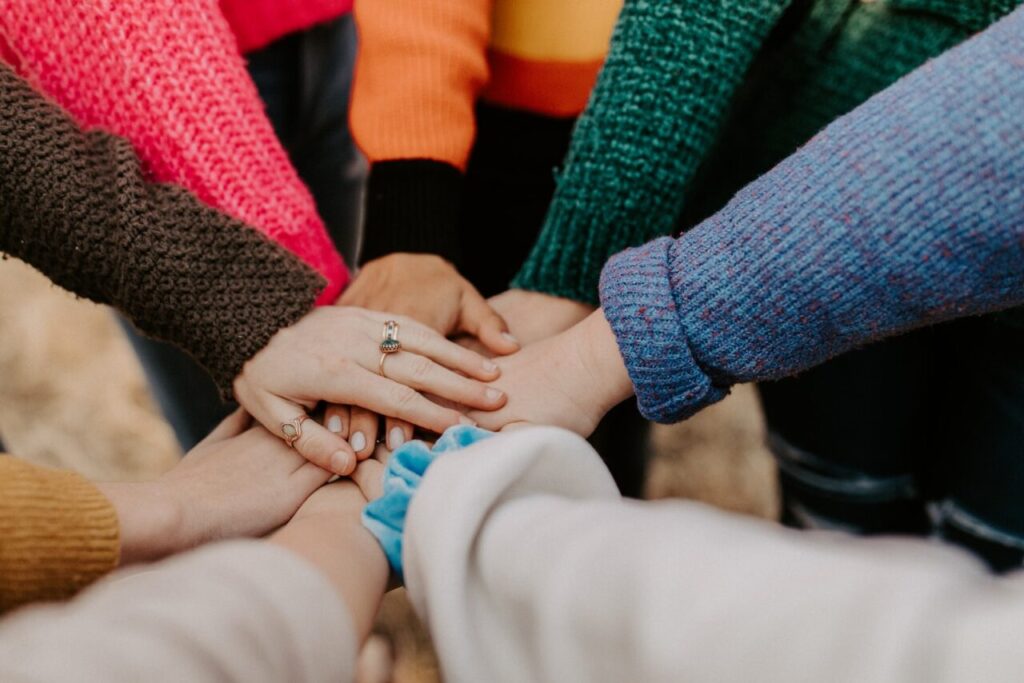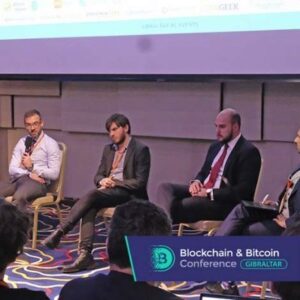The head of fundraising and partnerships at Bitcoin explains how grants work and why community voting is so important to the company. Gitcoin continues funding critical global projects, despite the prolonged crypto winter.
According to Ukraine’s Ministry of Digital Transformation Grants donated nearly $1 million in Ethereum donations in March to the Ukrainian government.
Azeem Khan, Gitcoin’s fundraising and partnerships leader, told Decrypt during the Messari Mainnet that “we need to almost redefine public goods.”
Khan said that Gitcoin is a future where Web3 will allow people to control their financial transactions, search engines and social media. This would replace private companies that use people to produce products.
He said, “For us to achieve that, we need to build the infrastructure.” Instead of thinking about clean air, libraries, and other such things, Web3 will provide the infrastructure that will enable us to reach that destination. To do this, Gitcoin utilizes quadratic funding.
In 2018, Ethereum founder Vitalik Buterin, economists Zoe Hitzig, and Glen Weyl proposed quadratic funding.
This is a democratic method of matching funding for public goods, services, and causes. Quadratic funding allows any project that is deemed worthwhile or valuable to a community to be funded through community voting.
Khan stated that the purpose of the system is “an anti-whale mechanism.” “In traditional worlds when capital is allocated it is allocated to an angel or a venture capitalist, but in modern times it’s often a friend of friend who gets the money.
Gitcoin supports global causes such as the one for Ukraine, but its primary focus is on funding Web3. Gitcoin launched the Lootverse round in June during its 14th grant round, or GR14. This round was $130k funded by the Loot project and will support projects within the Loot ecosystem.
Gitcoin just completed its 15th round of grants, raising more than $1 million from 390,000.
Khan explains that quadratic funding allows for funds to be directed to projects that are most in need and not to projects run by friends of investors.
Khan stated, “As much people want to talk inclusively and about diversity,” but “the truth is that the majority of capital ends up being directed to nepotism.”
Gitcoin funds projects that are led or supported by women, youth-focused groups and people of color.
These groups traditionally have had less access to capital from banks and venture capitalists.
These projects include the Dream DAO (a group that invests in web3b3 and social impacts causes around the world), 40Acres (a social DAO that creates self-sustaining communities for people of color using blockchain technology) and The Minority Programmers Association (an international network of developers who aim to create software solutions that are socially beneficial and spread Web3 education among marginalized communities).
He said, “It shows how being able to get community members out there voting with dollars on the things that they value, we found it quite successful.”










